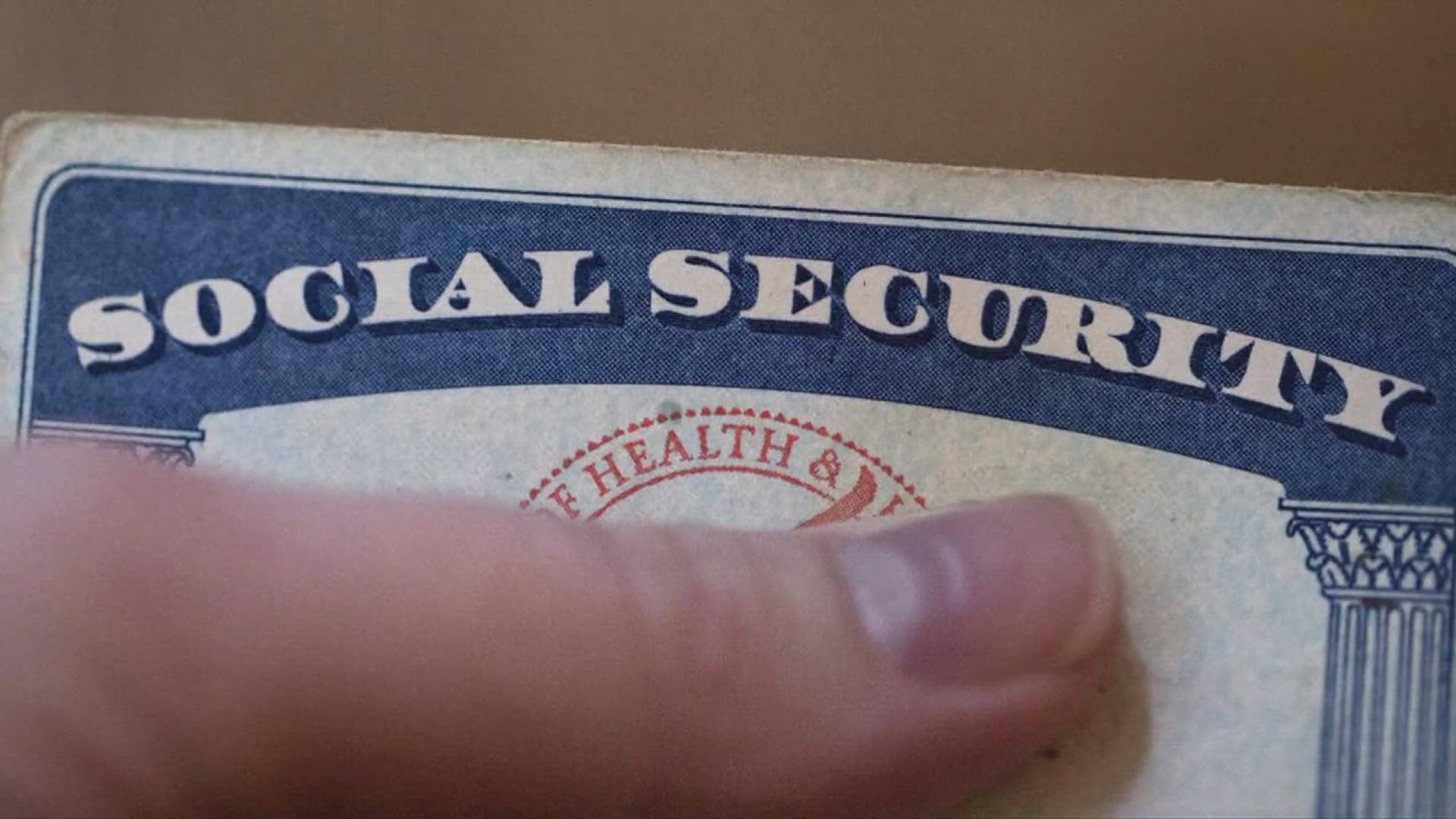Supreme Court Ruling Overrules Privacy Act Protections
On the previous Friday, an undefined 6-3 ruling from the U.S. Supreme Court in the case of SSA v. AFSCME effectively gave the Department of Government Efficiency (DOGE) the green light to gain immediate entry to piles of confidential personal data held by the Social Security Administration. This ruling, which provisionally halts a lower court’s injunction, specifically addresses non-anonymized records, data that is safeguarded by the Privacy Act of 1974.
These data elements, which notably include Social Security numbers, extensive medical records, and private banking details, might seem impersonally bureaucratic at the outset. However, they bear significant personal relevance. Framing data as an impartial administrative instrument instead of acknowledging its genuine role—as a detailed outline of an individual’s life—makes it increasingly simple to legitimize harmful data access while simultaneously disregarding personal protections and historic privacy measures.
This happens under the alleged objective of reducing inefficiencies, fraudulent behavior, and misuse of resources. Unfortunately, this approach overlooks numerous established initiatives that strategically utilize data for similar purposes without jeopardizing individual privacy.
In this context, the Court appears to suggest that enduring protections may be sidelined, or that legal safeguards surrounding data utilization are not necessarily infallible. The Privacy Act establishes stipulations for the way federal bodies should manage records containing personally identifiable information. These rules dictate terms for data storage, accessibility, and the conditions under which the government may use or distribute these records.
Despite the potential need to update the Privacy Act, it remains paramount that we earnestly enforce the existing laws. If the DOGE continually circumvents current protection measures, we run the risk of establishing damaging precedents that might prove difficult to overturn.
It’s important to remember that privacy is not a static concept—it evolves in tandem with technological advancements, legislative changes, societal norms, and of course, shifts in power dynamics.
We’ve greatly surpassed the initial legal perception of privacy as a mere right to be left alone. Privacy, in today’s digital era, should be reinterpreted as the right to maintain control over one’s own individuality. This control, however, is facing increasing threats.
It’s a necessity, now more than ever, that the public is provided with a clear understanding of the specifics of data collection. They need to know how this data is being used and exactly which rights they maintain over their personal data.

